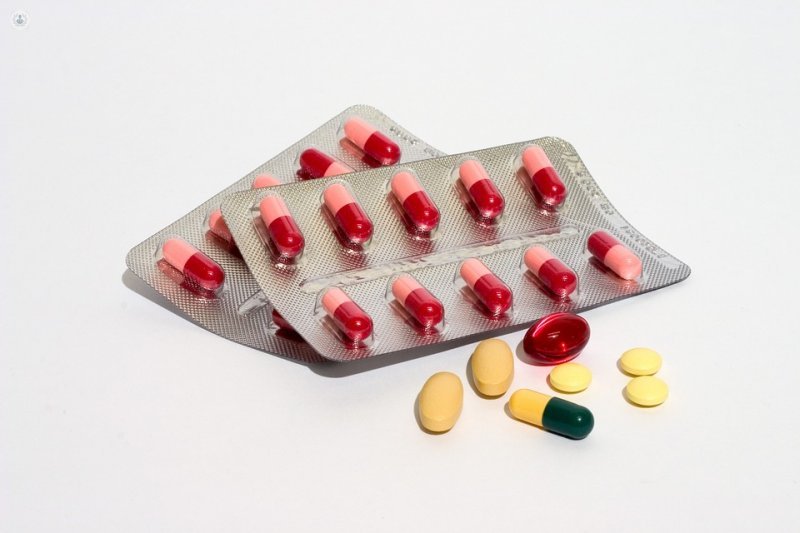Early detection of allergic reaction to medications
Written by:
The allergic reaction to drugs is usually manifested towards a particular family of drugs. Urticaria, swelling of the lips or eyelids and even asthma or anaphylactic shock are some of the symptoms. It is imperative to detect it in time to administer an appropriate treatment.

What is considered an allergic reaction to medicines
The allergic reaction to a drug is manifested by an unpredictable reaction to the administration of a drug, which will be re-produced every time the same drug is administered or contains the active substance responsible for the reaction in its composition.
When the patient is considered to have an allergic reaction to medication
Generally allergy to a family of drugs is usually; that is, a group of antibiotics, such as penicillins. However, it does tolerate other antibiotics, such as quinolones, macrolides, etc.Allergic reactions, according to experts in allergy , may be mild, such as hives, or severe, such as asthma, facial edema and even anaphylactic shock, which can lead to death if not treated immediately. They differ from the side effects of the drugs because they are frequently described in this drug, are not usually serious and, instead, in the allergic reaction, the effect is usually immediate most often, after the drug intake, it has been previously tolerated and, if the drug is continued, the reaction can be very serious.
Symptoms of allergic reaction to medicines
Many are the allergic manifestations, but the most frequent are the appearance of beans with itch (Urticaria), swelling of the lips or eyelids (facial angioedema) and intense itching in palms and plants and genital area. Less frequent are nausea, asthma and digestive and cardiac alterations, reaching anaphylactic shock.
Diagnosis of allergic reaction to medicines
The specialist will study the reaction and, for this, we must inform the name of the drugs that are ingested, how many doses were given, the reason for taking the drug, the time from the time it was taken until the onset of symptoms, and the detailed description of such symptoms.Some drugs can be tested by skin or blood allergic tests, but most drugs require controlled exposure of the medication in an allergy consultation. These tests are not free of risk, but immediate treatment by the allergy specialist can fully control the reaction.
Treatments for allergic reaction to medicines
In case of allergic reaction there are two objectives:1) Stop the allergic reaction of the drug, avoiding its progression with adrenaline, and maintaining blood pressure and lung breathing.2) Treating symptoms such as itching and swelling through antihistamines and corticosteroids.
Recommendations for patients with allergic reaction to medicines
The person who has a suspicion of allergy to medicines must be referred to the allergist for an adequate study and thus defined whether or not the drug is tolerated. In case you do not tolerate it, you will be informed of the family to which the medication belongs so that they are avoided during the whole life. Alternatives to such drugs will also be recommended.


